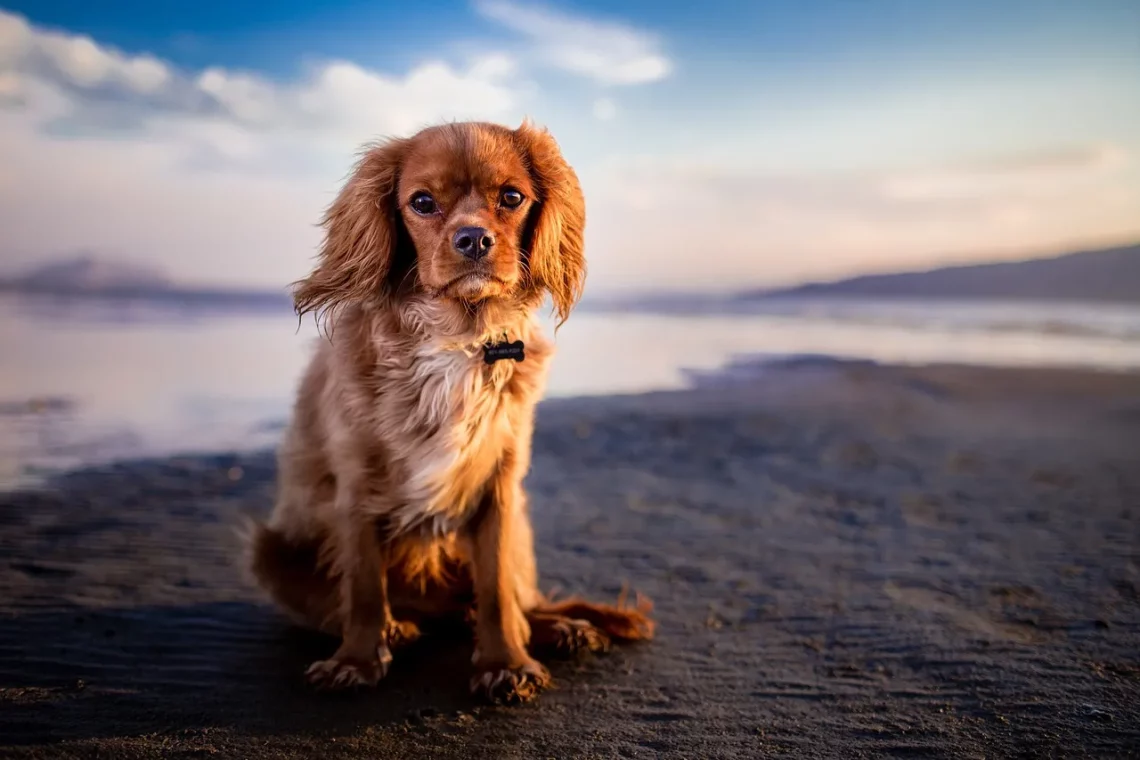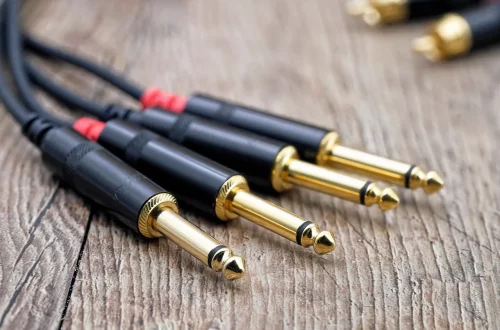
Top Hunting Dog Breeders for Exceptional Canine Companions
Finding the right hunting dog can be a rewarding adventure for any outdoor enthusiast. These exceptional companions are not only skilled workers but also loyal friends who can enhance your hunting experience. When it comes to choosing the perfect hunting dog, breeders play a crucial role in determining the temperament, health, and overall quality of the dog. A reputable breeder invests time and resources into their dogs, ensuring they possess the desired traits necessary for hunting success.
The bond between a hunter and their dog is one of trust and partnership, and selecting a dog from a respected breeder can help establish this foundation. An ideal hunting dog is not only agile and intelligent but also possesses a strong instinct for tracking and retrieving. The relationship between the hunter and their canine companion can significantly impact the success of a hunting trip, making it essential to find a dog that meets your specific needs.
In this article, we will explore some of the top hunting dog breeders who are known for producing exceptional canine companions. Whether you are looking for a versatile pointing dog, a skilled retriever, or a dedicated flushing breed, these breeders have proven themselves in the field and are committed to the highest standards of breeding practices.
Understanding the Traits of a Great Hunting Dog
When considering a hunting dog, it’s important to understand the essential traits that make a dog suitable for this role. Hunting dogs should be obedient, intelligent, and possess a strong natural instinct for hunting. They must also have a good sense of smell and be physically fit to endure long hours in the field.
Obedience is perhaps one of the most critical traits for a hunting dog. A dog that listens to commands and follows instructions will not only make hunting more enjoyable but also safer. Training is a vital aspect of developing this obedience, and working with a knowledgeable trainer can enhance a dog’s responsiveness.
Intelligence is another key characteristic. A smart dog can learn new commands quickly and adapt to different situations in the field. This adaptability is essential, as hunting environments can change rapidly, and a dog needs to be able to think on its feet.
The natural hunting instinct varies among breeds. Some dogs have been bred specifically for this purpose, making them more naturally inclined to track and retrieve game. For example, retrievers are known for their ability to fetch, while pointers excel at locating game. Understanding the specific instincts of each breed can help you choose the right dog for your hunting style.
Physical fitness is equally important. Hunting dogs often need to traverse rough terrain and cover significant distances. A breed with stamina and agility will be more capable of handling the demands of hunting, ensuring that both the dog and hunter can enjoy a successful outing.
Ultimately, the best hunting dog is one that not only meets these criteria but also fits well with your personality and hunting style. A strong bond between you and your dog will enhance your time spent in the field, making the selection of a breeder even more crucial.
Top Breeds for Hunting Enthusiasts
Different breeds excel in various hunting scenarios, and understanding these can help you choose the right canine companion.
The Labrador Retriever is one of the most popular breeds among hunting enthusiasts. Known for their friendly nature and intelligence, Labs are exceptional retrievers that excel in both water and land hunting. They are highly trainable and have a strong desire to please their owners, making them a favorite for both novice and experienced hunters alike.
The German Shorthaired Pointer is another top choice. This breed is versatile and can be used for various types of hunting, from upland game birds to waterfowl. They are known for their stamina, strong hunting instincts, and loyalty. German Shorthaired Pointers require regular exercise and mental stimulation, making them great companions for active hunters.
For those who prefer a flushing breed, the English Springer Spaniel is an excellent option. These dogs are known for their friendly demeanor and high energy levels. They are skilled at flushing game out of cover, making them invaluable in the field. Their eager-to-please attitude and strong work ethic make them a joy to train.
The Beagle, while not a traditional hunting dog, is an exceptional scent hound that excels in tracking small game. Their keen sense of smell and friendly temperament make them popular among hunters pursuing rabbits and hares. Beagles require consistent training and socialization, but their playful nature makes them great family pets as well.
Each breed has its unique strengths and weaknesses, and understanding these traits will allow you to choose a dog that aligns with your hunting preferences. Regardless of which breed you choose, sourcing your dog from a reputable breeder is essential to ensure you’re getting a healthy, well-tempered animal.
Choosing the Right Breeder for Your Hunting Dog
Finding a reputable breeder is one of the most important steps in acquiring a hunting dog. A good breeder will prioritize the health and temperament of their dogs, ensuring that they meet the standards necessary for hunting.
When searching for a breeder, start by researching those who specialize in the breed you’re interested in. Look for breeders who are recognized by national breed clubs and who follow ethical breeding practices. These breeders often conduct health testing to screen for genetic conditions common to their breed, which can significantly reduce the risk of health problems in your future dog.
Visiting the breeder’s facility is an essential step in your search. A well-maintained environment is a good indicator that the breeder takes pride in their dogs and their breeding program. During your visit, observe the living conditions of the dogs. They should have ample space to roam and play, and they should be clean and well-cared for.
Additionally, take the time to speak with the breeder about their breeding philosophy. A responsible breeder will be knowledgeable about the breed and will be willing to answer your questions regarding the dog’s lineage, health, and temperament. They should also be interested in your hunting style and lifestyle to ensure a good match between you and the dog.
Another important factor to consider is the breeder’s commitment to ongoing support. A good breeder will be available to provide guidance even after you take your dog home. They should be willing to help with training tips and any issues that may arise, demonstrating their dedication to the well-being of both you and the dog.
Lastly, consider the breeder’s reputation in the hunting community. Seek recommendations from fellow hunters, and read online reviews to get a comprehensive understanding of the breeder’s standing. A breeder known for producing quality dogs will often have a waiting list, which is a good sign of their popularity and the trust they’ve built with clients.
Training Your Hunting Companion for Success
Training is a critical component of developing a successful hunting dog. Regardless of the breed, all hunting dogs require some level of training to hone their skills and ensure that they can perform well in the field.
Start with basic obedience training. Commands like “sit,” “stay,” “come,” and “heel” are fundamental for any dog but are especially important for hunting dogs, who need to respond quickly to their owners in potentially distracting environments. Basic training should be fun and engaging, using positive reinforcement techniques to encourage good behavior.
As your dog becomes proficient in basic commands, you can begin to incorporate specific hunting-related skills. For example, if you have a retriever, you’ll want to teach them to fetch and hold onto game until you command them to release it. Using training dummies can simulate the experience of retrieving game, allowing your dog to practice in a controlled environment.
Field training is also essential. Exposing your dog to different terrains and hunting scenarios will allow them to acclimate to the various conditions they’ll encounter while hunting. This can include practicing tracking scents, retrieving from water, or flushing birds from cover.
Socialization is another important aspect of training. Your dog should be comfortable around other dogs and people to ensure they remain calm and focused while hunting. Enrolling in group classes or participating in training clubs can provide valuable socialization opportunities.
Finally, consistency is key in training. Regular practice sessions will reinforce your dog’s skills, and maintaining a routine will help them understand what is expected of them. Patience and persistence will pay off in the long run, resulting in a well-trained hunting companion that enhances your hunting experience.
In conclusion, selecting the right hunting dog and breeder is crucial for creating a successful partnership in the field. Understanding the traits that make a great hunting dog, choosing the right breed, and investing in proper training will set the stage for a fulfilling relationship between you and your canine companion. Always remember that patience, dedication, and love will forge the strongest bond with your hunting dog, making every outing an adventure to cherish.




